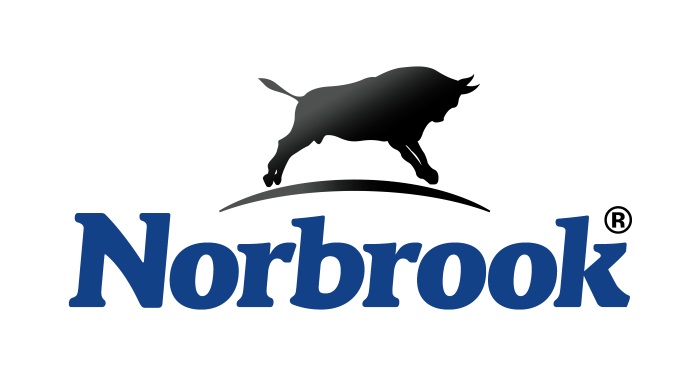The UK meat industry loses approximately £1.77million per year as a result of liver condemnations. A new education initiative by Norbrook is hoping to reduce that impact.
Food Standards Agency figures show that, of those animals sent for slaughter at abattoirs in 2014, 22% of British cattle had their livers condemned as a result of fluke – with the figure rising to 27% in Scotland and Wales.
Leigh Sullivan, Norbrook Large Animal Product Manager, says that while abattoir reports provide valuable insights into on-farm parasite management, producers who have treated their animals for fluke can still be left confused when livers from those same animals are rejected, in whole or part, at the abattoir.
Now a new booklet, written by Norbrook technical advisors, in conjunction with industry experts, seeks to provide some answers and help producers to better utilise the information they receive from abattoirs.
“It is vital for farmers to fully understand the different causes of liver rejections and their implications for management practices – as liver rejections and production losses caused by the fluke infections can have a significant impact on producers’ profit margins,” Dr Sullivan says.
“We hope by producing this booklet, we can open and maintain a dialogue in the industry about how we can reduce condemnations and the associated economic impact.”
The new ten-page booklet, entitled ‘Why have my livers been condemned? – Making the most of abattoir feedback’ unravels the possible reasons behind condemnation and gives practical advice on reducing fluke – and in turn, levels of condemnation.
Critically, it suggests practical measures that can be taken to prevent condemnations, with advice on dosing practices, housing-treatment timescales, selection of active ingredients and delaying the onset of fluke resistance.
“Carcass and edible offal rejection creates serious financial loss – not only as a result of non-payment for carcasses, but also in terms of food business operator disposal costs, which may be passed back to the producer,” Dr Sullivan says.
“With increasing financial constraints in the agricultural industry, optimising returns from farm to fork has never been so important. Margins need to be maximised, through ensuring efficient growth of animals on farm, achieving carcass specification and minimising rejection of edible offal, or the ‘fifth quarter’.”
For more information please contact your local trade store, vet practice, Norbrook Territory Manager, or by logging onto www.norbrook.com/resources.


